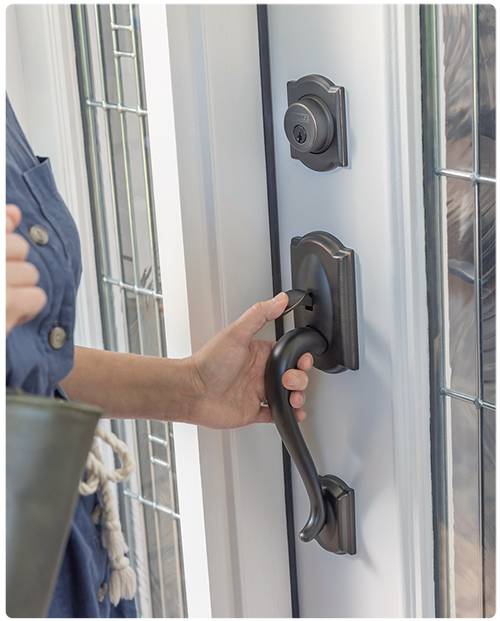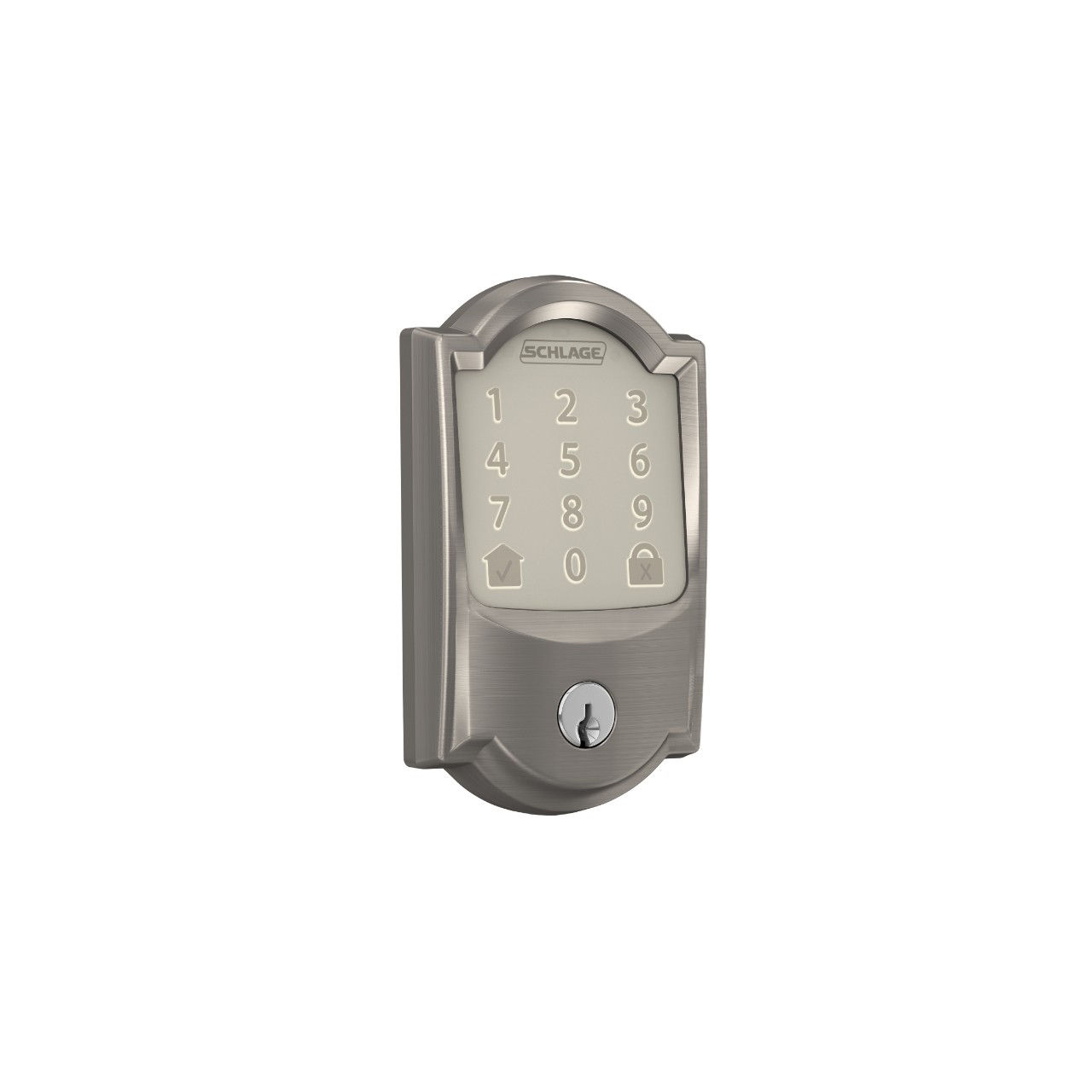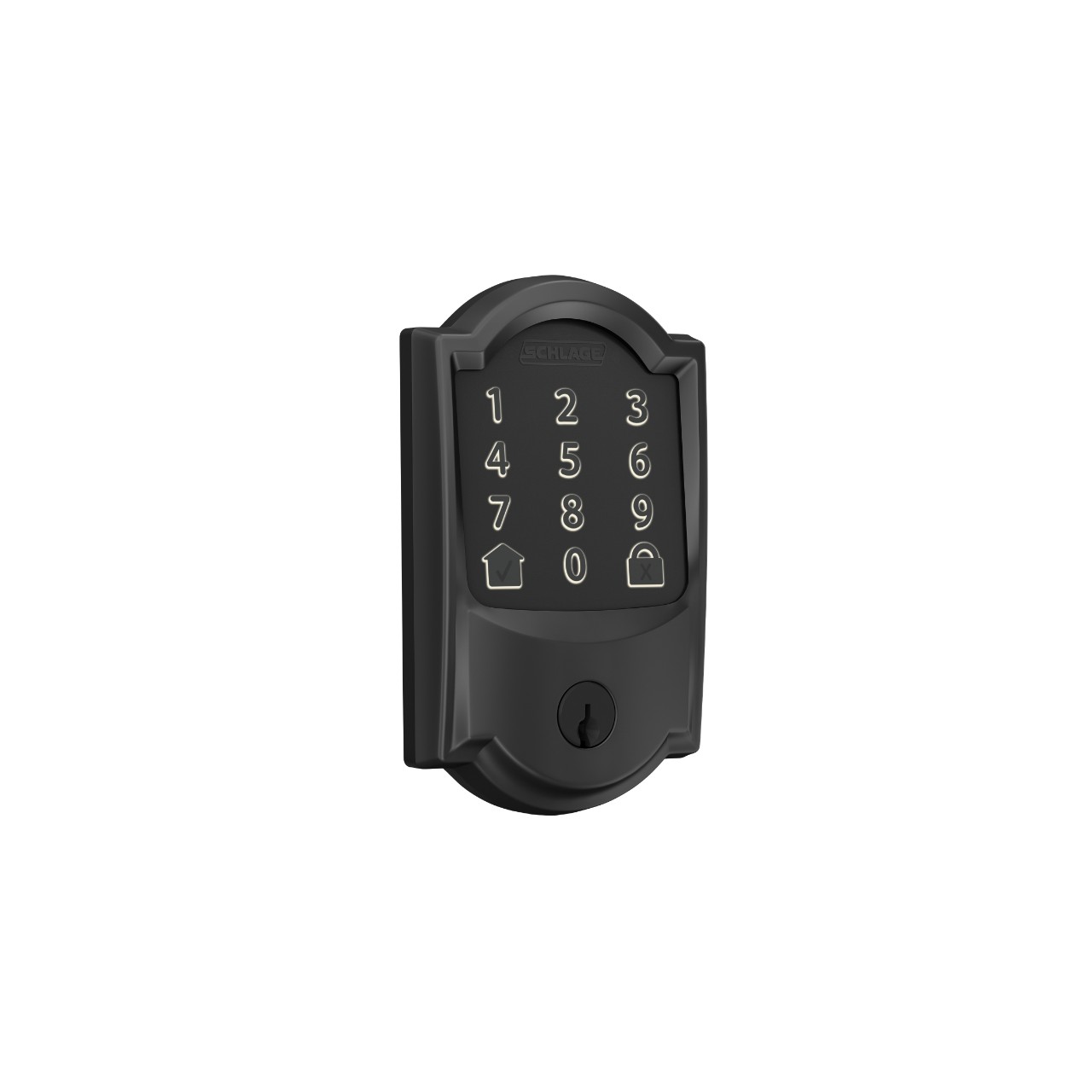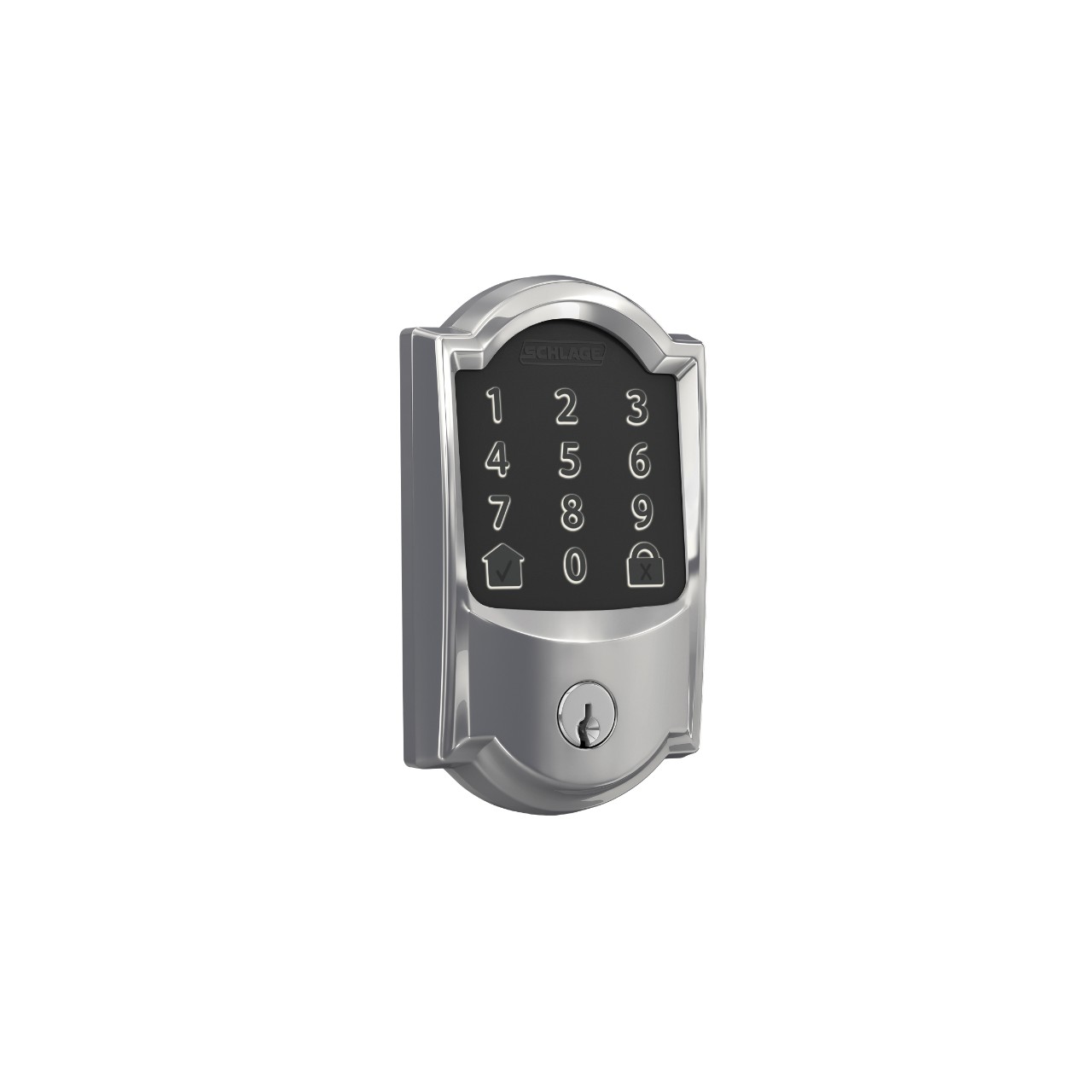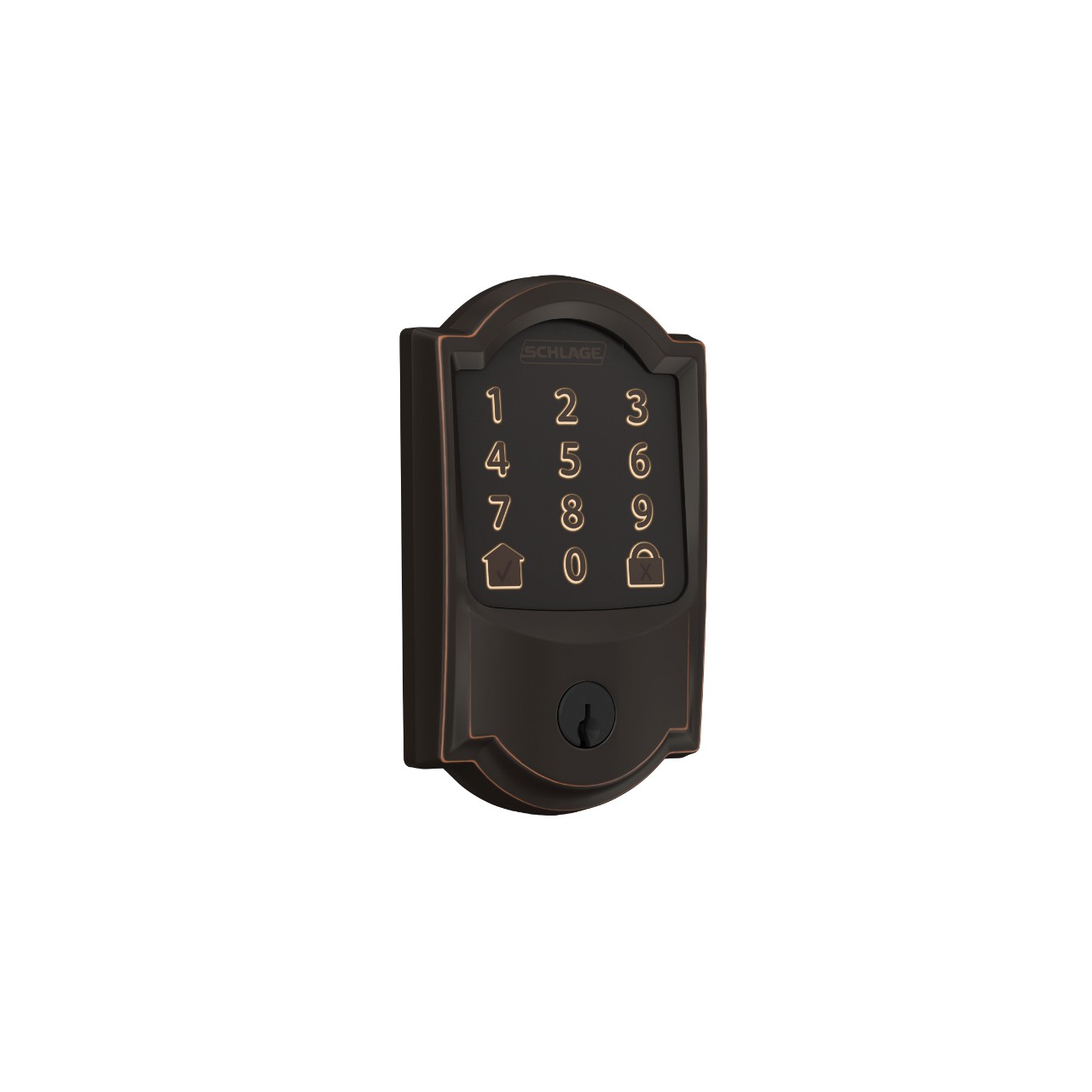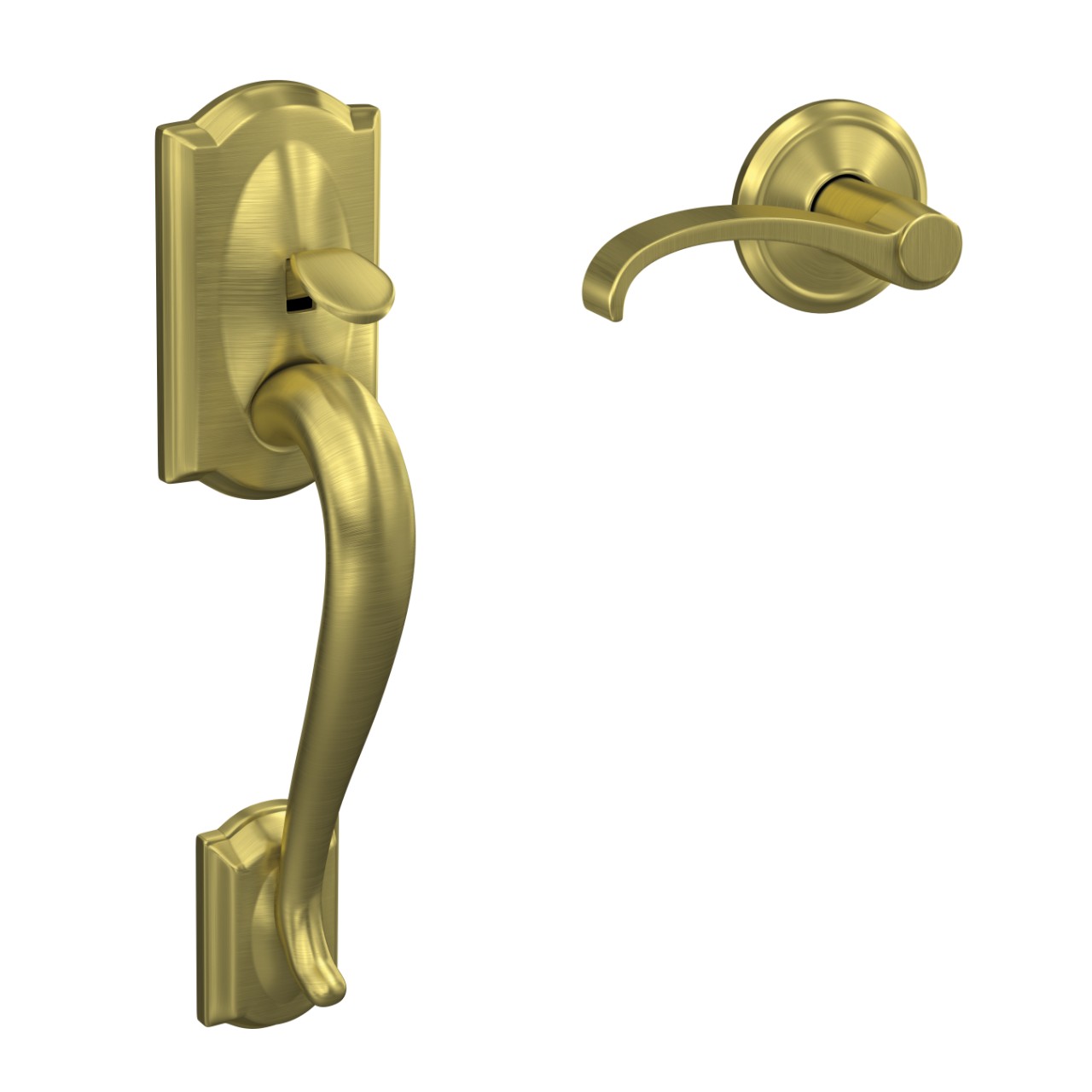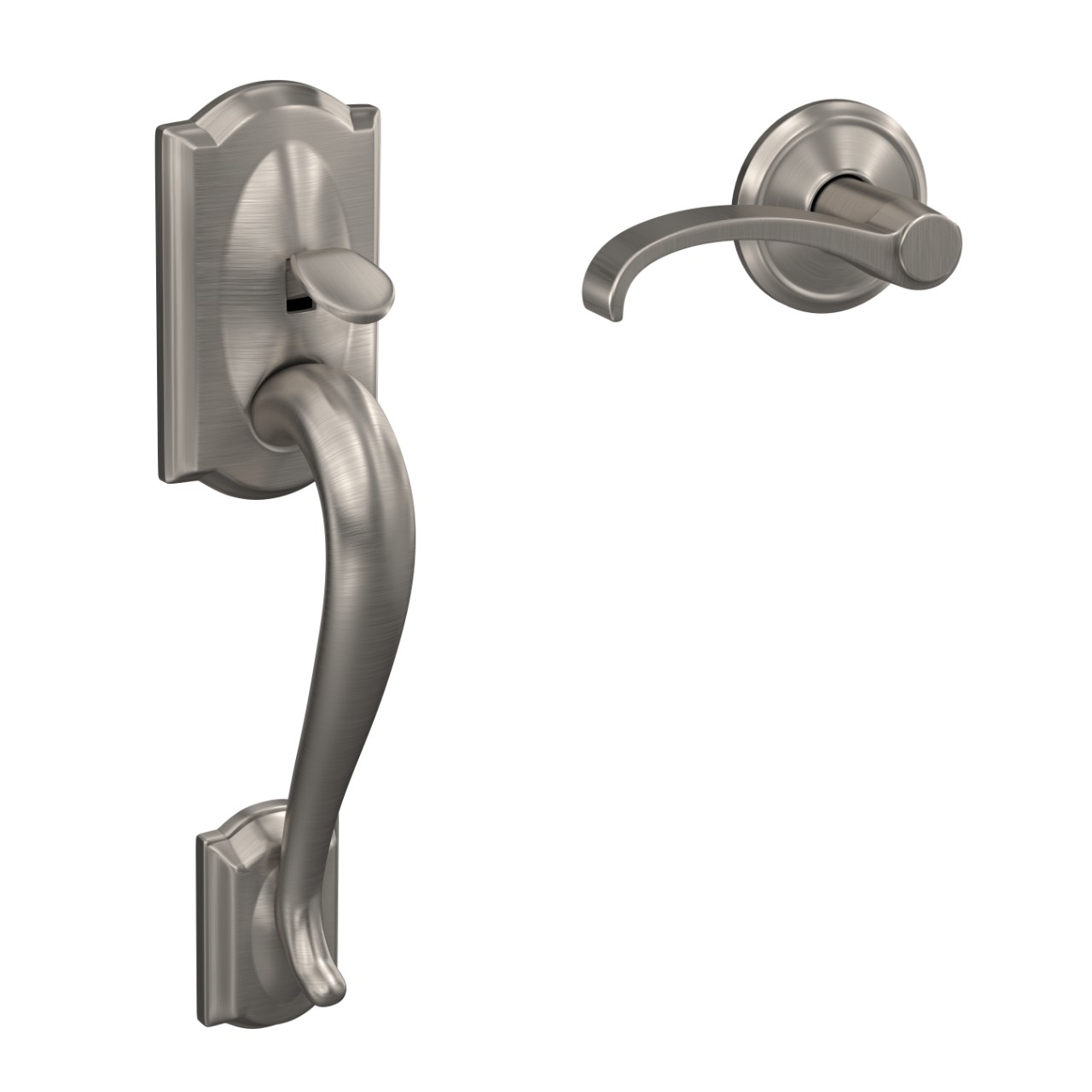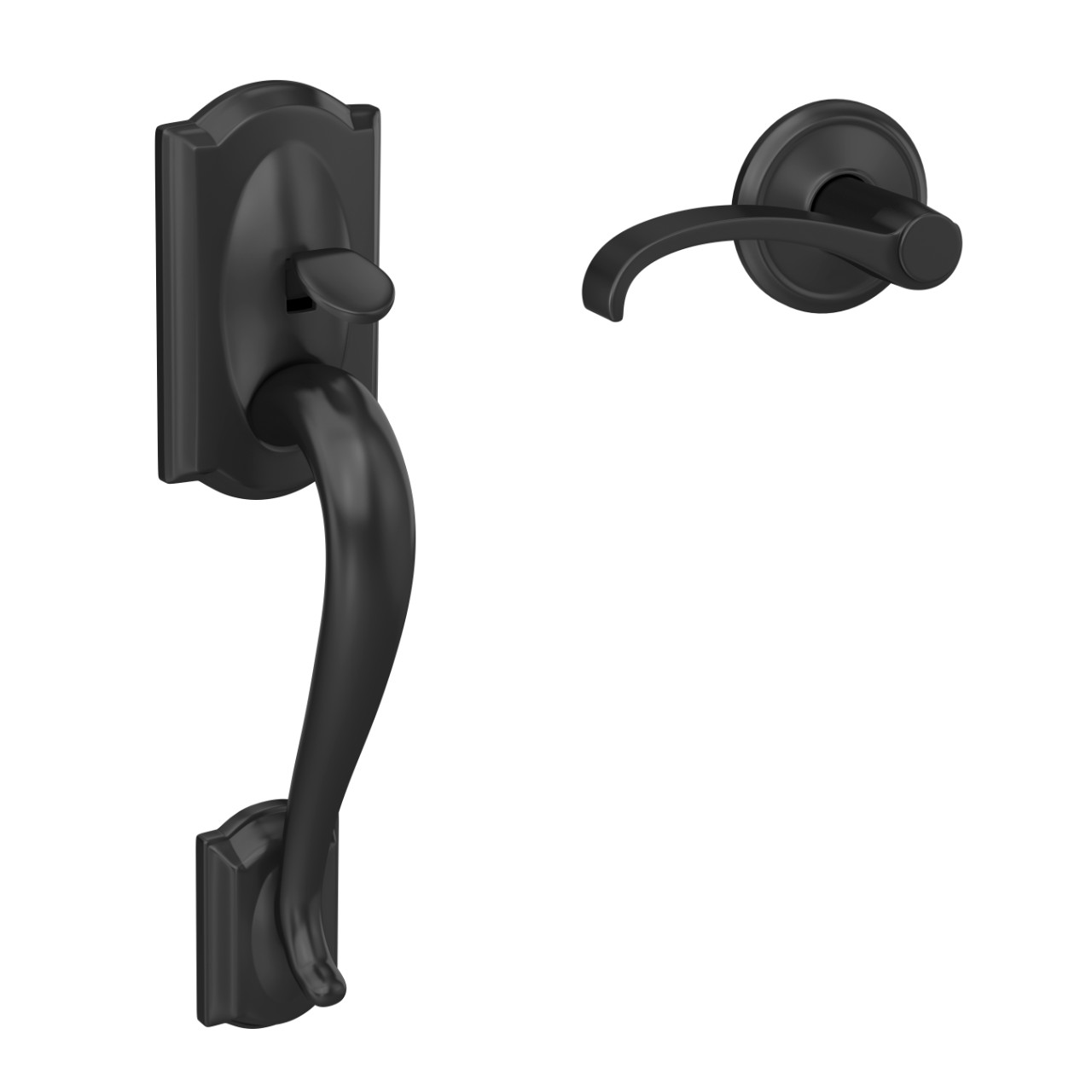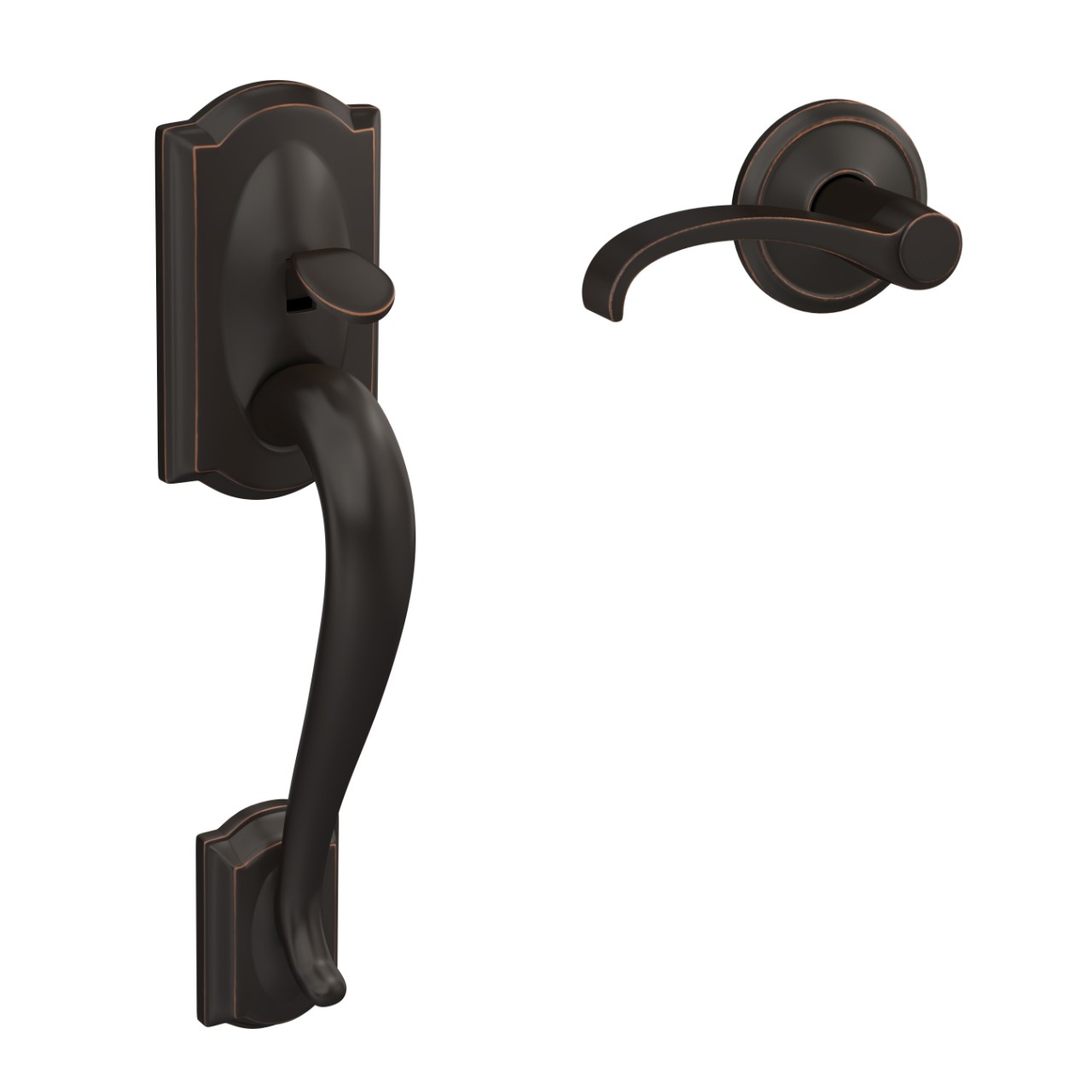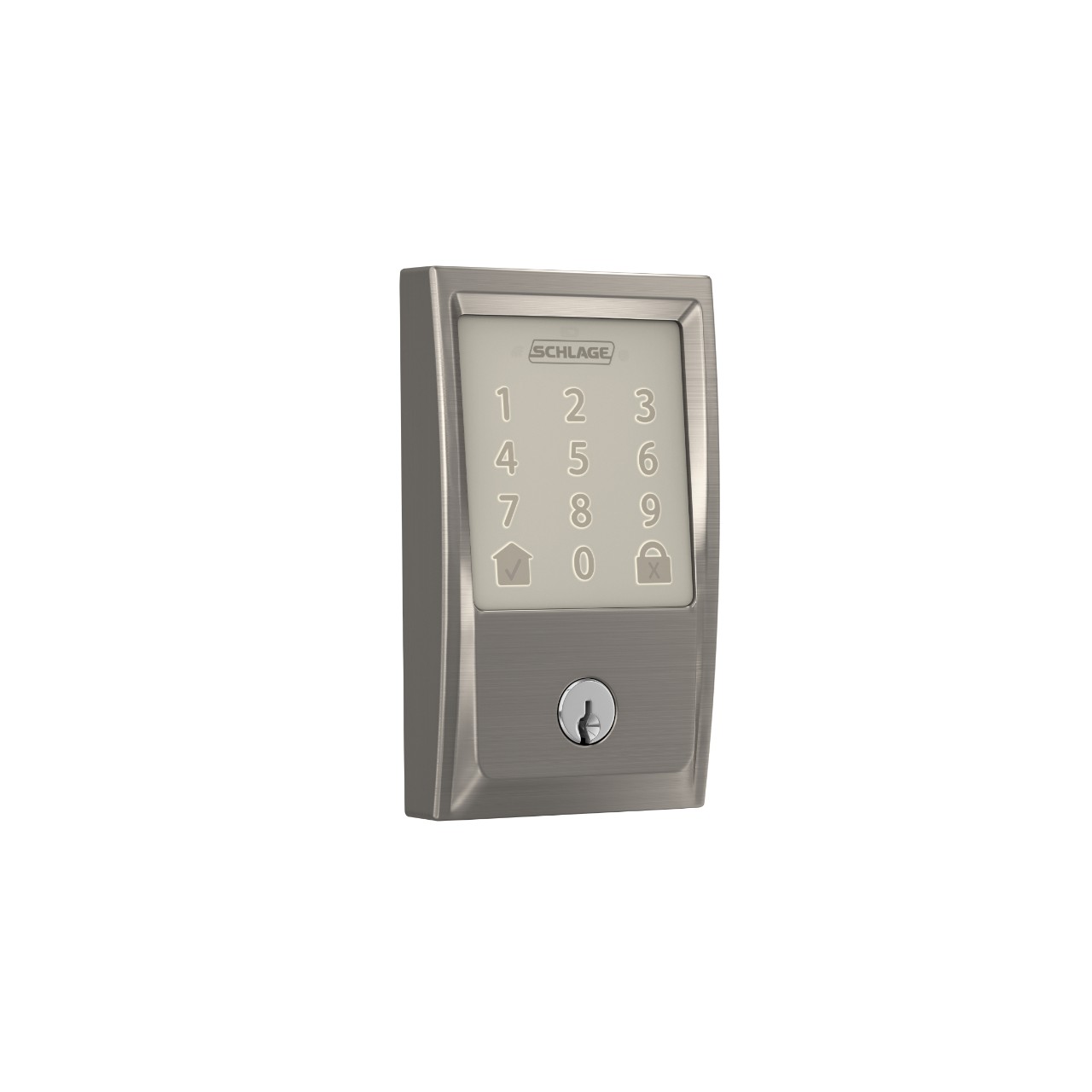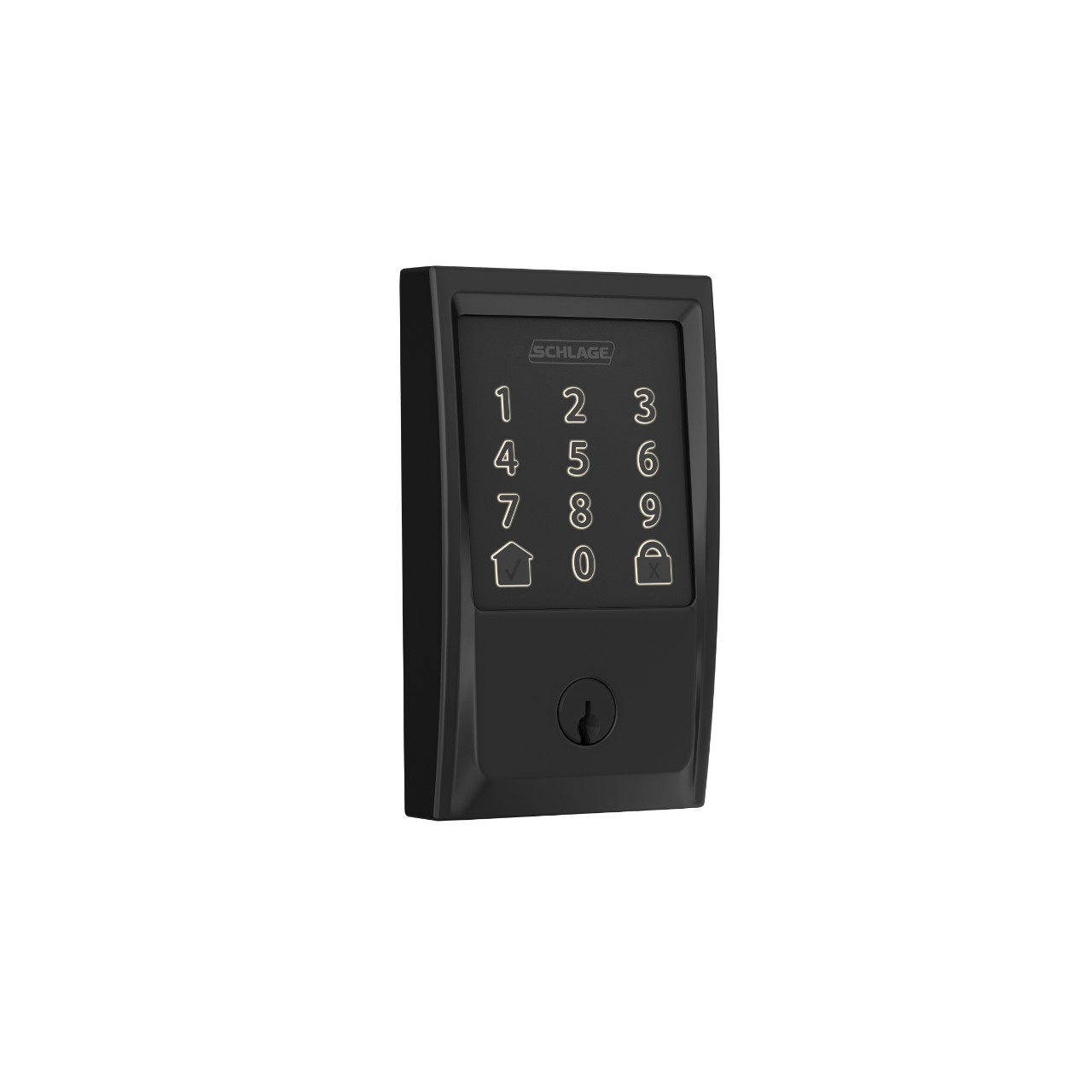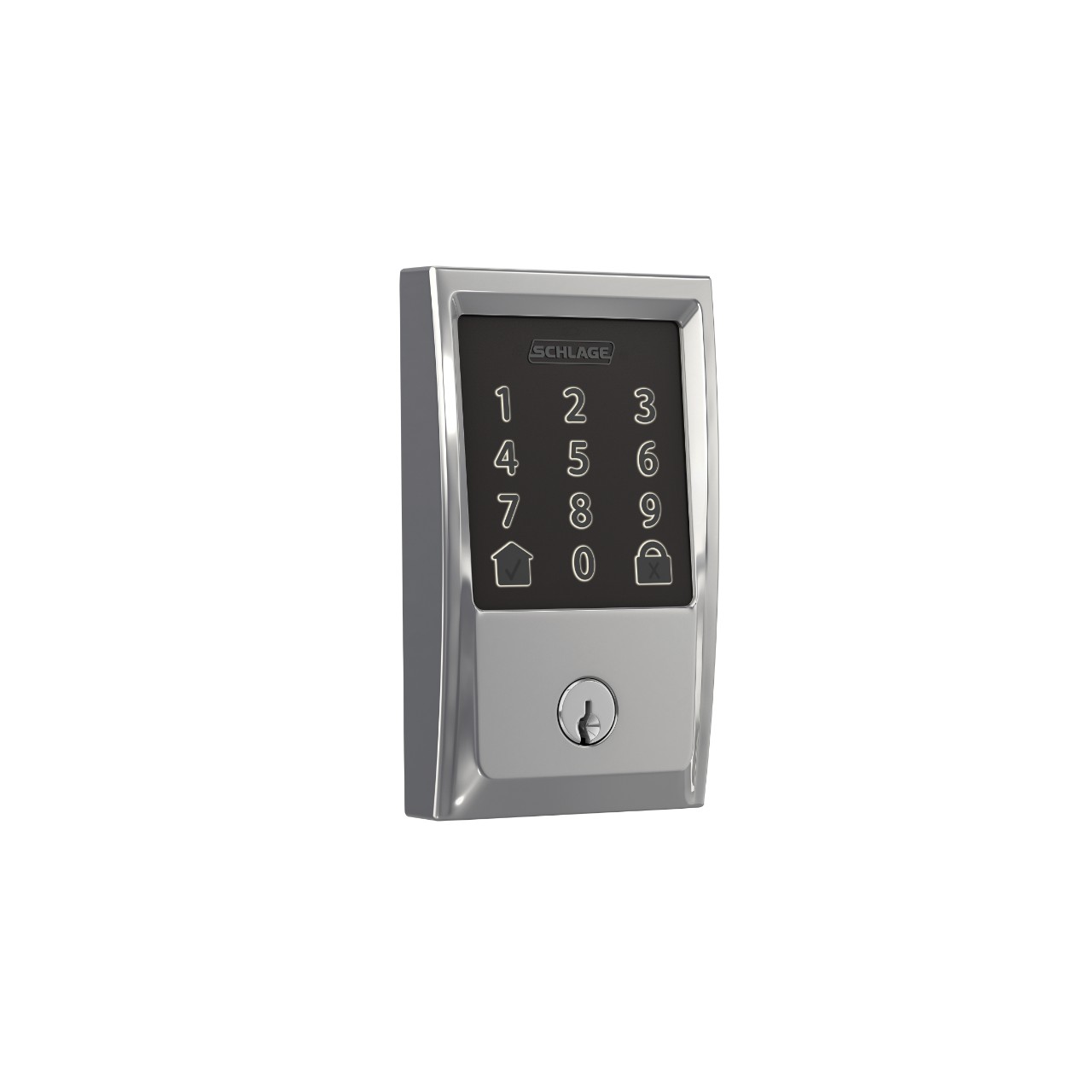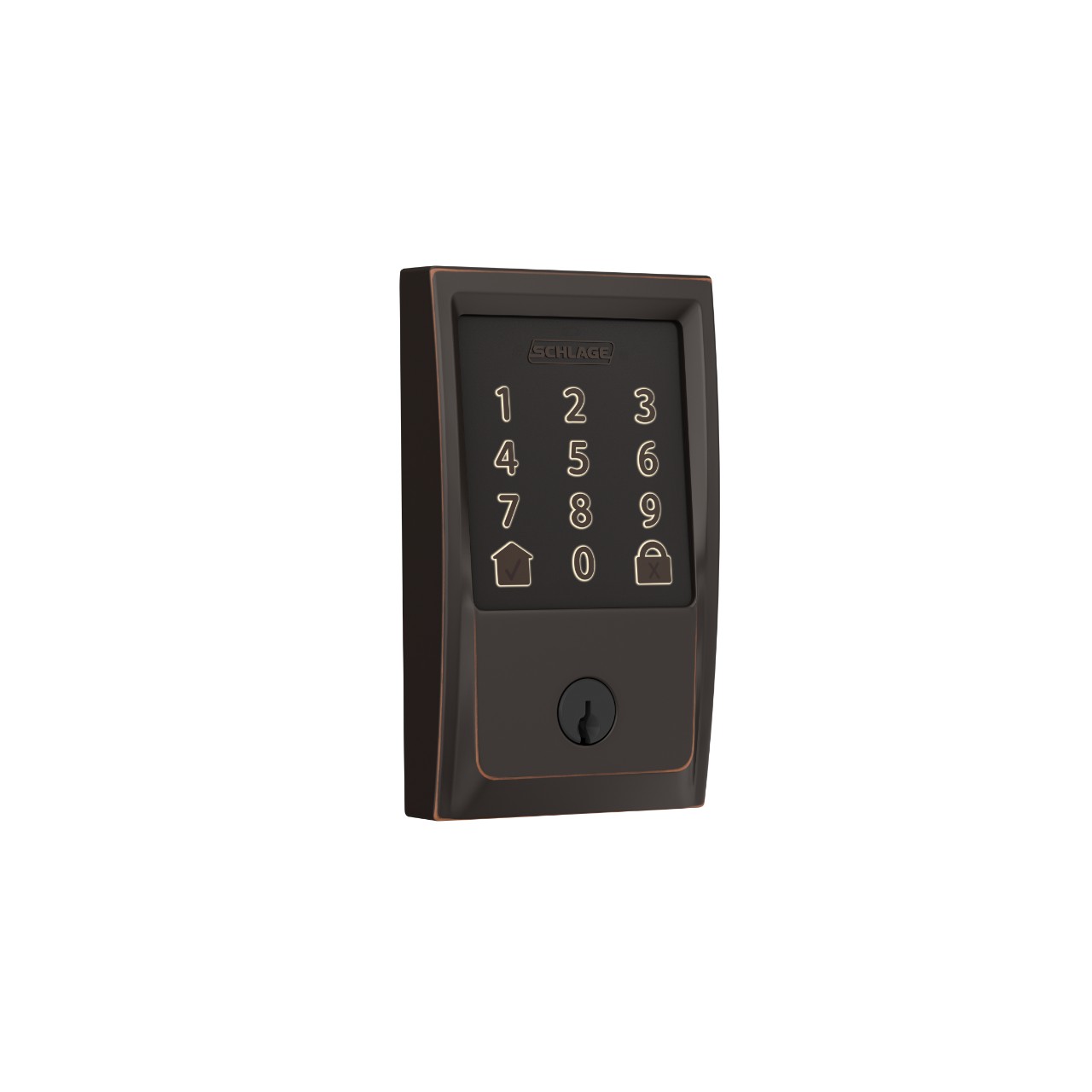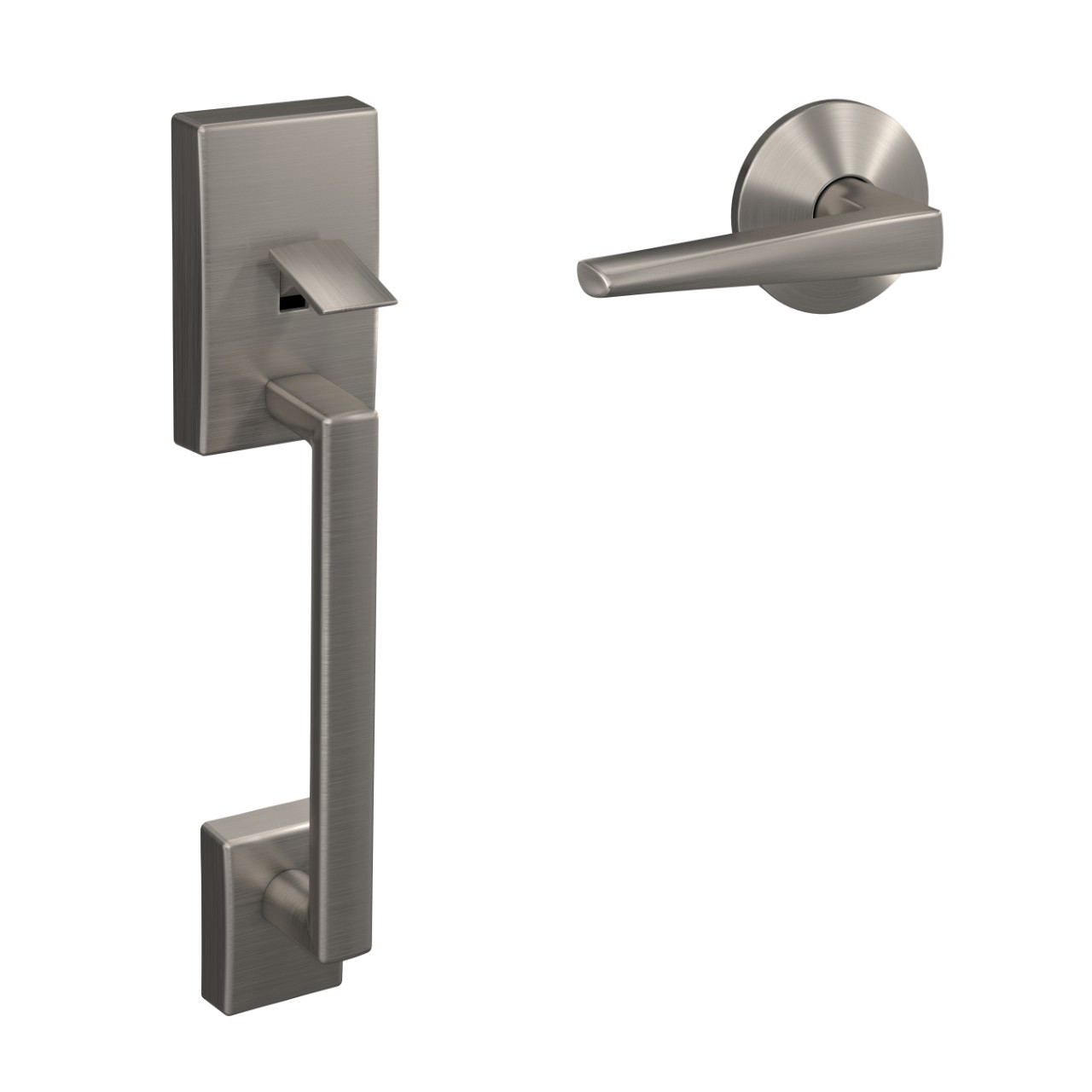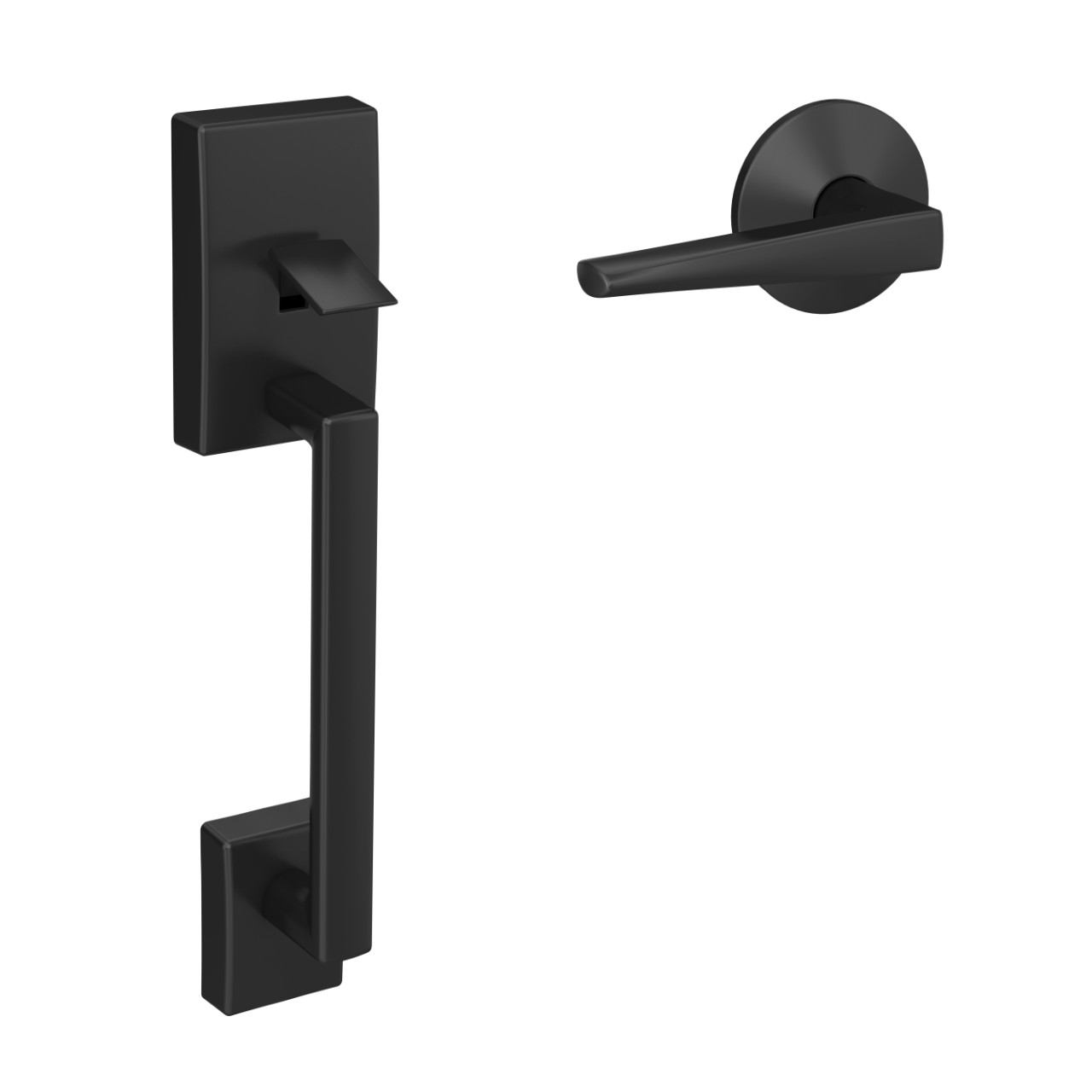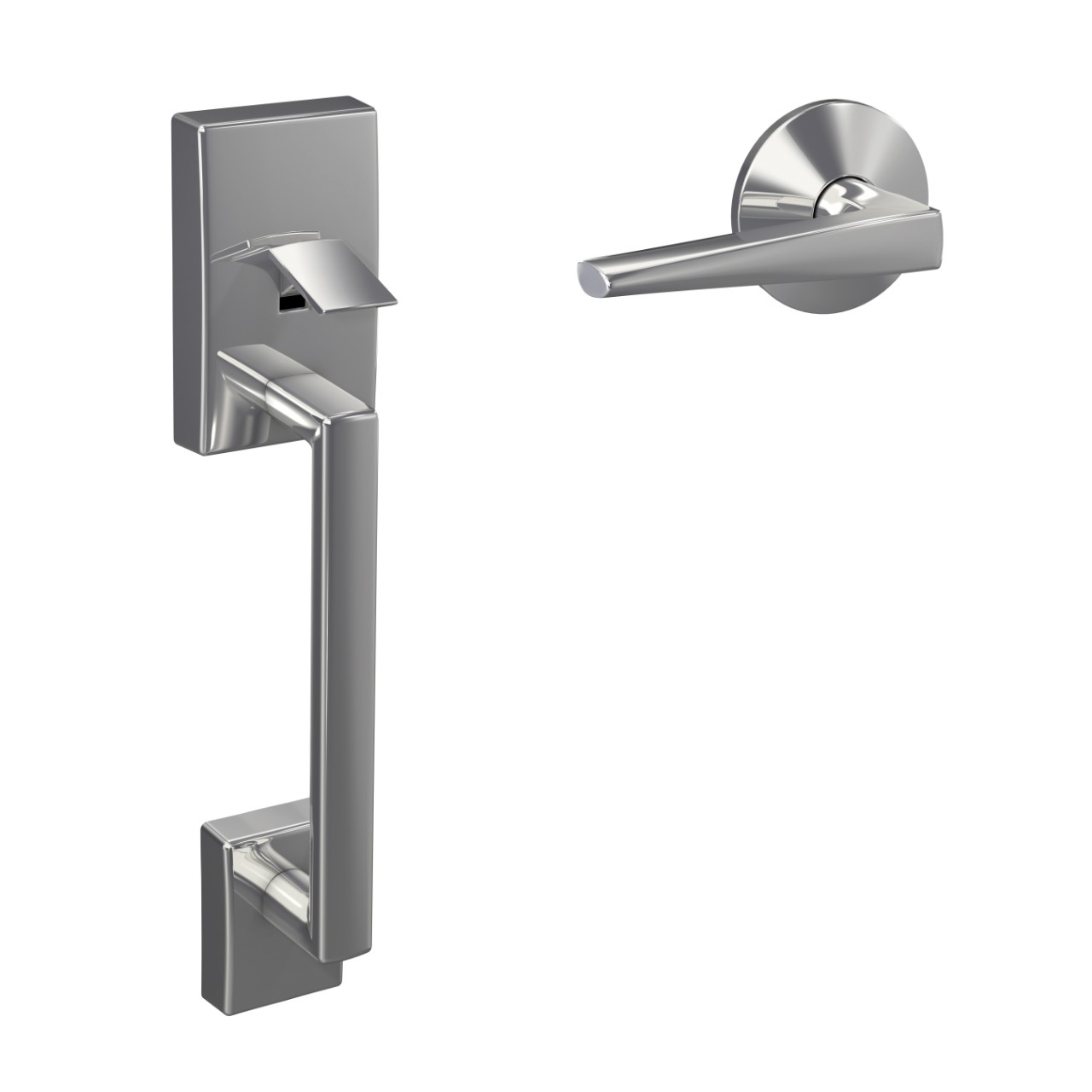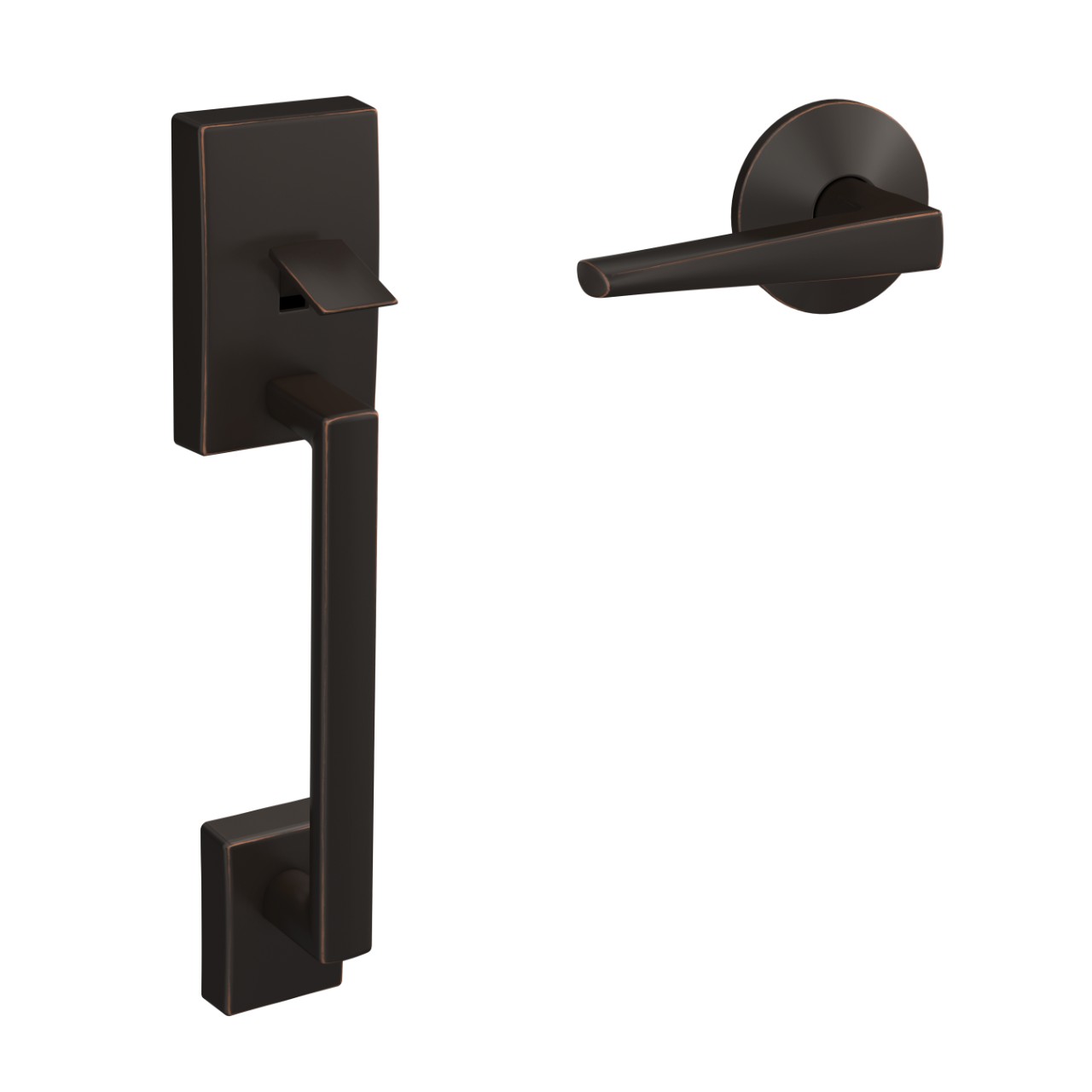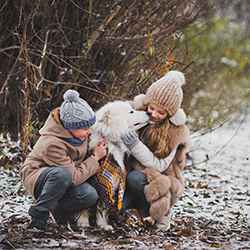


How to keep pets safe in winter
Protective clothing
Not all animals need clothing. Husky owners know that. And even if a nice warm jacket would make your chihuahua more comfortable, that doesn’t mean they’ll actually want to wear it. Assuming your pet – and to be honest, we’re mostly talking about dogs here – is okay with it, get them a sweater or jacket to keep them warm and dry on walks. Those little booties can help protect their feet from the cold, salt and other chemicals on the sidewalks, too.
Reflective gear
Because the days are shorter in the winter, the odds of nighttime walkies are high. Get your pet a reflective vest or a collar. Don’t forget your cats, too. Even if they aren’t usually outdoor kitties, a reflective collar will help you find them if they slip out the door.
Skin savers
Just like you probably use more chapstick in the winter, your pet may need balms or salves for dry, chapped skin. If they’re licking their body or paws obsessively, check for skin irritation and treat according to your vet’s recommendations.
Cleaning station
Set up a space in your entryway or mudroom to clean your dog up after a walk. Yes, it will help keep your pet-friendly home cleaner when they aren’t tracking snow and mud on the carpet. More importantly, though, giving them a good rub down with a dry towel or even using wet wipes can help keep them healthy. Pay extra attention to their feet and between their toes, as well as on their bellies. Make sure there isn’t any ice, salt or toxins like antifreeze packed in their paw pads.
Snow free
Shovel some free ground. Depending on your dog’s breed and how extreme your weather is, that could be the entire yard so they have room to run around, or it could be a small square just big enough for them to relieve themselves. If Puppy doesn’t love the outdoors in the winter, don’t force it and just give them the minimum space they need to do their business and get back inside.
Inside time
We can break this into multiple parts. First, keep your pets inside. Whether they’re a dog, cat, rabbit or goat, pets should stay in the house as much as possible during extremely cold weather. Second, when you do go outside, limit it to short trips. Keep walks brief and help them have extra fun by taking a toy along. Third, come up with some different games to play indoors. Maybe it’s more rope tug, or it could be an obstacle course with couch cushions. Make them a snuffle mat. Keeping them active, even if you can’t get out for your usual long walks, is important to their health.
Outside shelter
If they do have to be outside for some reason, or if your temperatures don’t drop dramatically, still take the time to winterize their outdoor shelters. Face the opening away from the wind, cover the ground with straw or burlap for insulation against the cold ground and add a few blankets. Food and water bowls should be plastic instead of metal so your animal’s tongue doesn’t freeze to the container.
Pet-proofed home
Using space heaters this winter? Make sure you put them somewhere a wagging tail or curious cat won’t knock them over and start a fire. You might surround your radiators with a screen if you’re worried a pet will get burned when they snuggle up to the warmth. Be aware of houseplants that are toxic to pets and relocate them as necessary. Start planning your holiday décor strategy, too. All those glittery ornaments can be very tempting to pets.
Emergency kit
Hopefully you’re checking your emergency supply kit as the seasons change anyway. It’s always a good idea to have extra food and water, a first-aid kit and similar supplies in case you lose power or your house is damaged during extreme winter weather. Add pet food, a toy, first-aid supplies just for animals and anything else they need to weather the storm with you.
Vet checks
Some health problems can become worse in the winter. Take your pet to the vet if you’re worried about arthritis or other conditions flaring up in the cold. If your pet isn’t chipped already, ask your vet about that, too. Snow often makes it harder for them to sniff their way home. The microchip improves the odds you’ll be reunited if someone gets lost.
Food
In most cases, your pet does not need extra food in the winter. If they stay inside where it’s warm most of the day, they won’t need the additional calories. However, if they are outside more and, therefore, working harder to stay warm, or you’re using them to power your dog sleigh (it happens), they may need more food. Check with your vet about the recommended caloric intake to keep them at an ideal weight.
Predators
When natural food sources get low, wild animals tend to wander into human territory out of desperation. If you have coyotes, wolves, hawks and other predators in your area, keep an extra eye on your pets when you let them outside.
How to protect wild animals in the winter
Bird feeders
Backyard birds will be thankful for a little extra help in the late winter especially. By that time, reserves are running low and it’s harder for them to find natural food sources. Before filling your feeder, note the kinds of birds you get and research the best seeds, nuts or berries for the breeds you have in your area.
Deer
Unlike birds, deer should not be fed by humans during the winter. According to Tufts University, deer naturally adjust their activity so they can rely on their own fat reserves and available plants to survive. Feeding them will do more harm than good.
Hibernation spaces
You might want to clear away piles of leaves and rip out old tree stumps in the fall. However, some of what we consider yard waste is actually extremely beneficial to critters in the colder months. Stumps and logs make excellent hibernation spaces, while leaves might add warmth to someone’s burrow.
Outdoor cats
If you’re worried about the feral cats in your neighborhood, you can keep help care for them with shelter and extra food. The shelter could be as simple as a cardboard box – line the bottom with plastic to keep the moisture out – or a rubber bin with a door cut in the side. Outdoor cats will need extra food and water. Alley Cat Allies recommends wet food since it requires less energy to digest and that means more energy for the cat to stay warm.
October is National Animal Safety and Protection Month. Its goal is to promote safe care and handling of domestic and wild animals. Animals play such important roles in our lives, whether it’s companionship from pets or balance to our natural ecosystem. You can find more ways to protect your furry friends at the Schlage blog, whether it’s building a catio or trusting your home to pet sitters.
Unlock more ideas
Never miss a beat - get the latest product updates, style tips and DIY tutorials sent right to your inbox.
